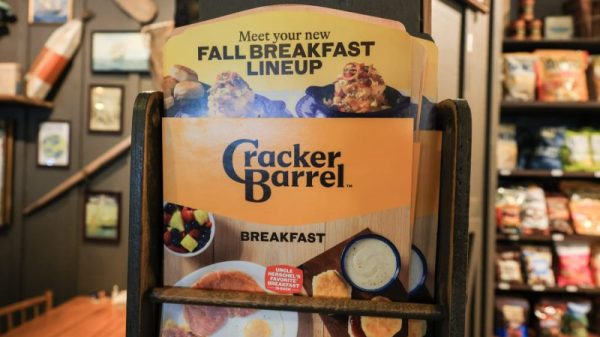Starbucks to Eliminate Extra Charges for Non-Dairy Milk Options
Starbucks has recently announced a significant change in their pricing strategy by removing additional charges for non-dairy milk options in their beverages, aiming to promote inclusivity and cater to the growing demand for dairy-free alternatives. The decision reflects a shift towards embracing diversity and accommodating the preferences of an increasingly health-conscious and environmentally-aware consumer base.
The move to stop charging extra for non-dairy milk represents an important step for Starbucks in aligning its offerings with current market trends and consumer expectations. With more individuals opting for plant-based milk alternatives due to dietary restrictions, ethical considerations, or personal health preferences, this initiative demonstrates the company’s responsiveness to shifting consumer preferences and its commitment to inclusivity.
By eliminating the supplemental charge for non-dairy milk, Starbucks not only enhances its appeal to customers who follow a vegan or lactose-free diet but also showcases a commitment to sustainability. Traditional dairy production has been associated with various environmental concerns, including greenhouse gas emissions and water usage. By promoting non-dairy options without an additional cost, Starbucks encourages consumers to make more sustainable choices while reducing their ecological footprint.
Moreover, this strategic decision by Starbucks is likely to have a positive impact on customer satisfaction and loyalty. By removing price barriers for non-dairy milk, the company acknowledges the importance of offering diverse and customizable options to accommodate individual preferences. This customer-centric approach can enhance the overall experience for patrons and foster a sense of inclusivity within the Starbucks community.
The move to standardize pricing for non-dairy milk options is not only a symbolic gesture of support for alternative dietary choices but also a strategic business move for Starbucks. As plant-based diets gain popularity and consumers become more conscious of their food choices, catering to diverse preferences can help the company retain and attract a broader customer base. By adapting its pricing model to reflect these changing consumer trends, Starbucks demonstrates its agility and willingness to evolve with the times.
In conclusion, Starbucks’ decision to eliminate extra charges for non-dairy milk options represents a proactive and customer-centric approach that aligns with evolving consumer preferences and sustainability concerns. By embracing inclusivity, promoting sustainable choices, and enhancing customer satisfaction, Starbucks sets a positive example for the industry and reinforces its commitment to meeting the diverse needs of its clientele. This strategic move not only reflects a changing landscape in the food and beverage industry but also paves the way for greater innovation and responsiveness to consumer demands in the future.


































